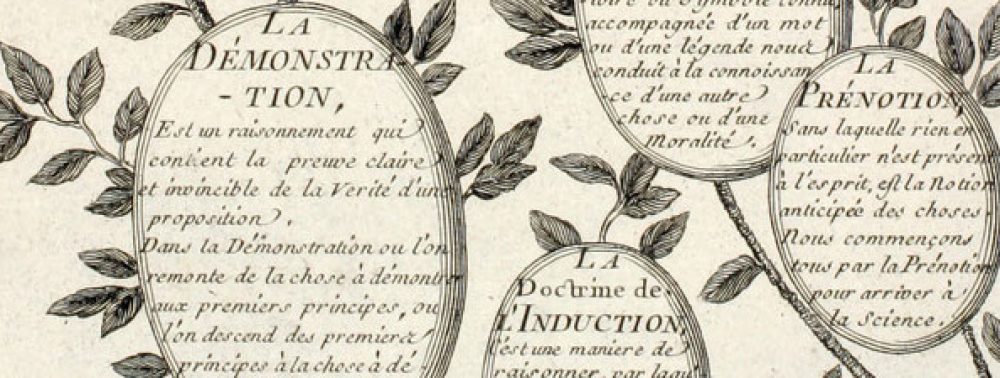be sure to name the homework file you upload to blackboard:
last name_first two letters of first name_assignment number
(example: if Albert Einstein were submitting homework #1, his file name would be Einstein_al_1.docx)
The following questions should be answered with one to three sentences each; do not repeat the words of the documentary. Be sure, instead, to place your answers into your own words. These questions will prepare you to write the upcoming essay, so it makes sense to do them with care.
1) What does the speaker at two minutes and 14 seconds into the video “find ironic” about Hip-Hop’s love of diamonds and why?
2) Why was the diamond trade essential to Sierra Leone’s civil war?
3) How do Raekwon and Paul Wall understand the poverty they see in Sierra Leone in comparison to the poverty in which they were raised? That is, which do they think is worse?
4) What does the film suggest the origins and causes of the war are? In short, what motivated the various factions in the conflict?
5) According to the documentary, what role did the themes and style of American hip-hop have on young people in Sierra Leone, particularly in their assessment of violence?
6) What role did the Makeni Peace Concert play in the war?
7) According to the African hip-hop artists, what role do women play in the local hip-hop culture?
8) According to the video, what impact did the country’s diamond region have on the war?
9) According to the 1969 BBC report (black and white scenes) excerpted in the film, who made the money when the diamond trade came to town?
10) The word Infrastructure refers to the technical structures that support a society and are frequently paid for by government: sewage, clean water, roads, public health. Indeed, providing infrastructure is often considered the primary obligation of a government in the West. What does the 1969 BBC report suggest about the state of infrastructure in the Koidu region? In other words, how much of investment in infrastructure has the government made?
11) To whom did both the diamond company in 1969 and the present company pay their taxes?
12) According to the BBC report did diamond companies pay a high or a low tax to the local government in 1969? As a point of comparison, the current British corporate tax rate is 25%.
13) The company owner asks Raekwon what the alternative is to his company. Does Raekwon provide an answer, if so, what is it?
14) Whom ultimately does Raekwon blame for the war?
Extra-Credit (up to 5 extra points — requires watching until the end of the video)
How did the locals react to Raekwon at the port area (not the music club that follows)? Do they indicate they see themselves as sharing as a common identity “African” with him? How does Raekwon’s experience at the port and his notion of an “African” identity compare with his notions of identity at the time of his arrival for the first time at the airport in Africa? Be specific and use evidence in your response


